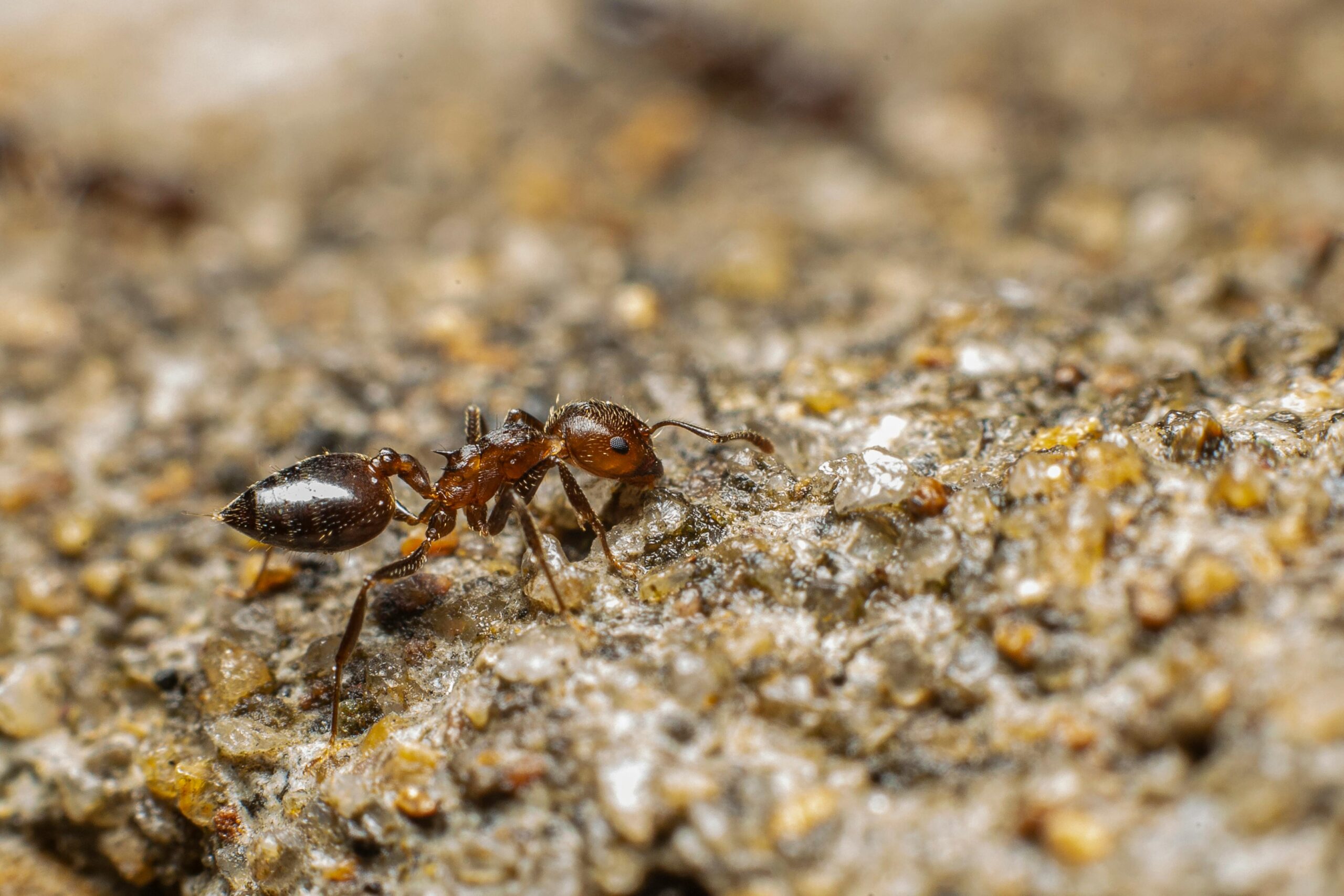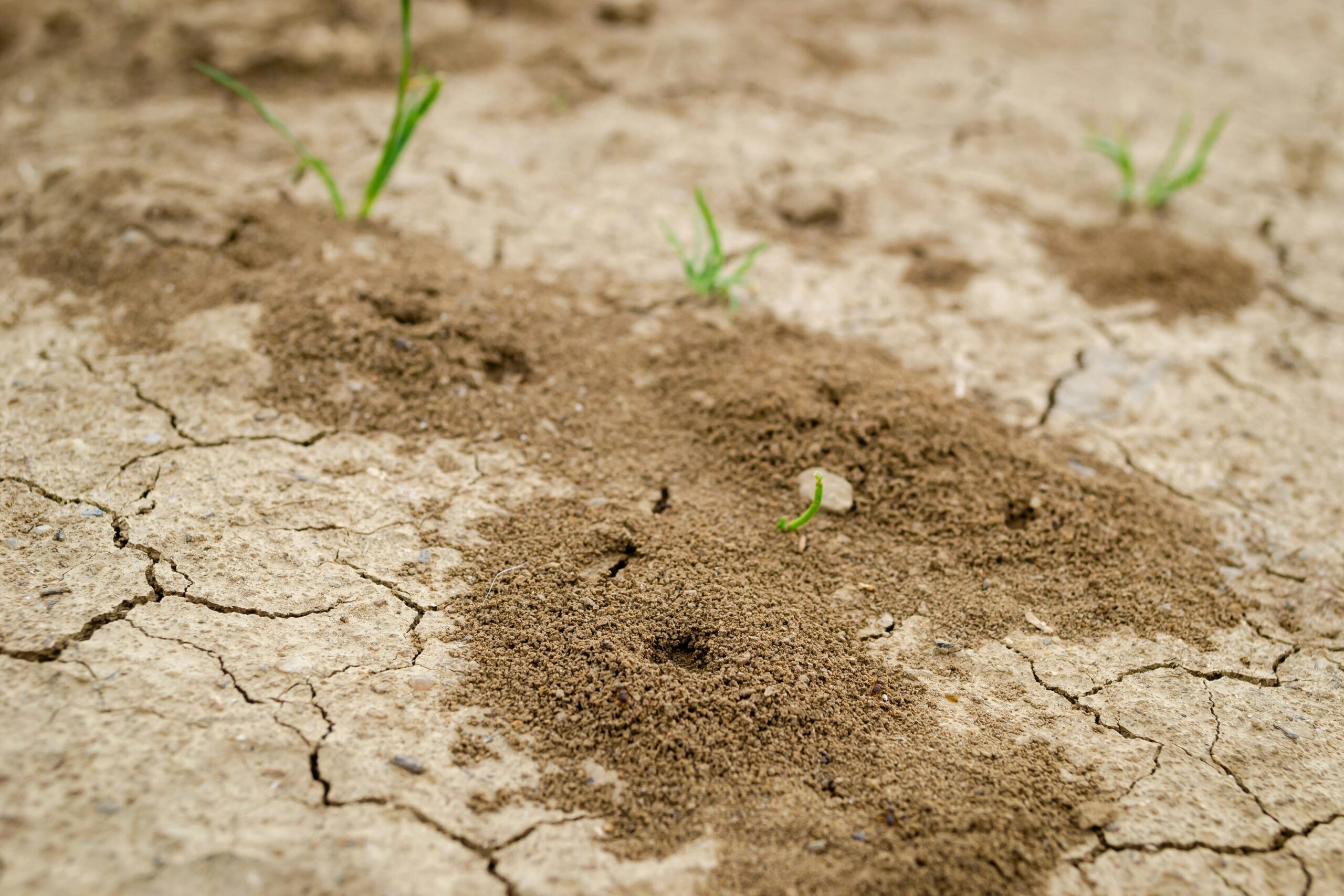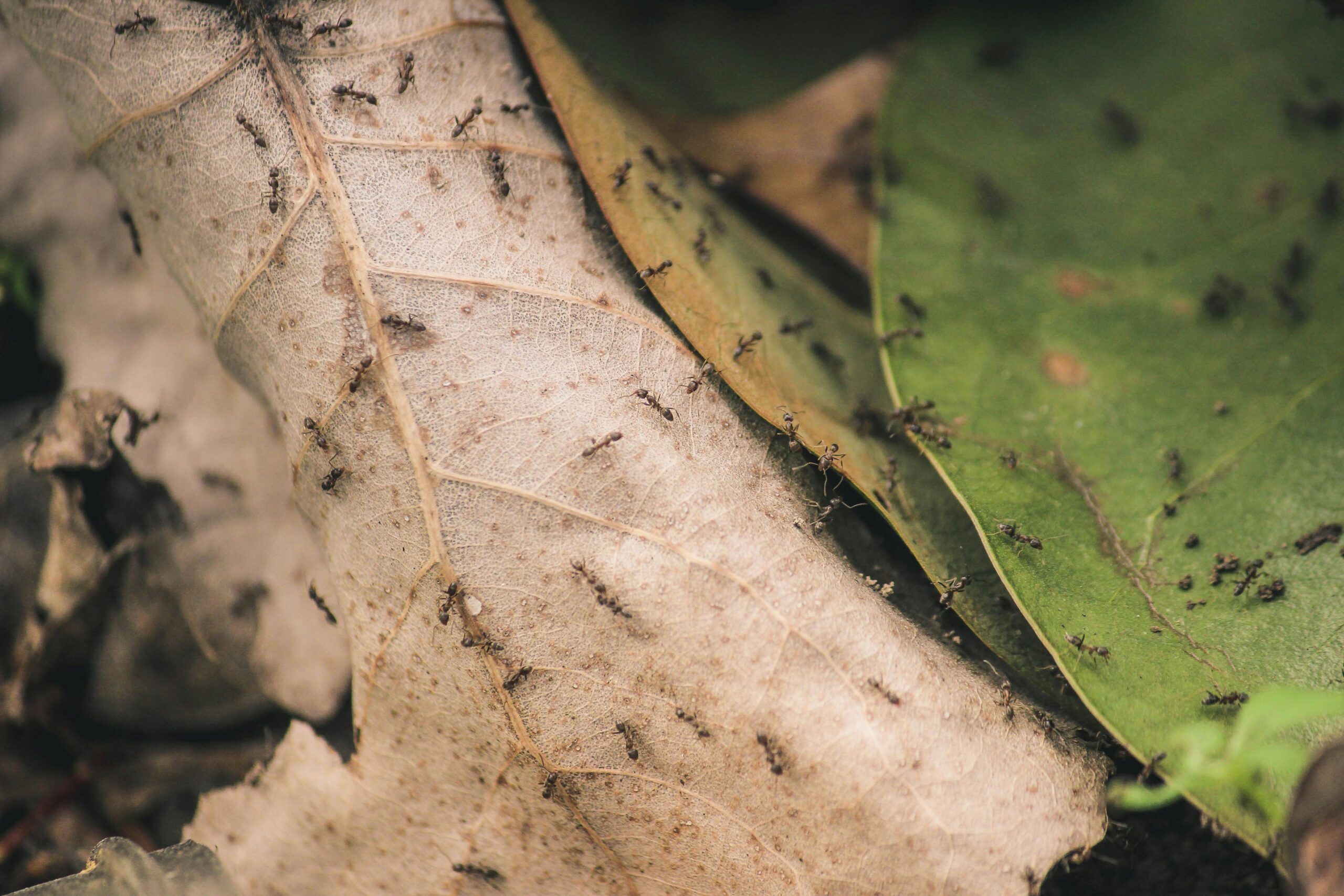If you’ve ever taken a walk through your garden or a nearby park, chances are you’ve seen ants scurrying around. These tiny creatures might seem like just a nuisance when they invade your kitchen, but did you know that ants play a significant role in maintaining soil health? Yep, ants are like nature’s little underground engineers. Let’s dig deeper (pun intended) to understand how they benefit the soil and contribute to a healthy ecosystem.
Ants as Natural Tillers
First off, ants are excellent at aerating the soil. When ants dig their tunnels, they’re essentially creating tiny air pockets in the ground. This process is similar to what farmers do when they till the soil before planting crops. These air pockets allow oxygen to penetrate deeper into the ground, which is crucial for plant roots and beneficial microorganisms. Additionally, the movement of ants helps mix different soil layers, distributing organic matter and nutrients more evenly. This can lead to improved soil structure and fertility.
Nutrient Recycling Champs
Ants are like little recycling machines. They forage for food above ground and bring it back to their nests. This includes dead insects, plant material, and even small bits of organic waste. Once in their nests, these materials decompose and enrich the soil with nutrients like nitrogen and phosphorus. This nutrient recycling is vital for plant growth, especially in nutrient-poor soils.
Interestingly, some ant species farm their own food by cultivating fungi in their nests. These fungi are fed organic material collected by the ants, and in return, the fungi release nutrients that enrich the surrounding soil. It’s like having a mini composting system underground!
Improving Water Infiltration
Ever noticed how water tends to pool on hard, compacted soil? That’s because water has a tough time seeping through. Ant tunnels help solve this problem. The networks of tunnels created by ants act as channels, allowing water to infiltrate the soil more easily. This not only prevents waterlogging but also helps store water deeper in the ground, where plant roots can access it during dry periods. Think of ant tunnels as nature’s irrigation system.
Pest Control Partners
Certain ant species also help with pest control. For example, ants prey on harmful insects like caterpillars, termites, and aphids. By keeping these pests in check, ants indirectly protect plants from damage. Additionally, some ants have a mutualistic relationship with plants. In exchange for shelter or food (like nectar), ants defend the plants from herbivores. This natural pest control reduces the need for chemical pesticides, making it a win-win for both the environment and farmers.
The Downside: When Ants Become Problematic
While ants are generally beneficial, they’re not without their downsides. Some ant species, like fire ants or invasive Argentine ants, can disrupt local ecosystems by outcompeting native species. They can also harm crops and livestock in agricultural settings. For instance, some ants “farm” aphids by protecting them from predators and feeding on the honeydew aphids produce. This can lead to an overpopulation of aphids, which are harmful to plants.
However, these issues are relatively rare compared to the overall benefits ants bring to soil health. Most ant species contribute positively to their environment.
How to Encourage Ants in Your Garden
If you want to harness the benefits of ants for your soil, here are a few tips:
- Avoid Overusing Pesticides: Pesticides can harm ants along with other beneficial insects. Use them sparingly and only when absolutely necessary.
- Provide Organic Matter: Ants love organic material. Adding compost or mulch to your garden can attract them and improve soil health.
- Maintain a Natural Habitat: Allow parts of your garden to remain undisturbed. Ants thrive in natural, less-manicured environments.
- Plant Native Vegetation: Native plants are more likely to attract local ant species, which are typically beneficial to the ecosystem.
The Bigger Picture
Ants are a small but mighty force in maintaining soil health. They aerate the soil, recycle nutrients, improve water infiltration, and even help with pest control. While they might be a bit of a headache indoors, their outdoor contributions to the ecosystem are invaluable. By understanding and appreciating the role ants play, we can better support these tiny allies and create healthier environments for plants, animals, and ourselves.
So, next time you see a line of ants marching through your garden, take a moment to thank them. They’re working hard to keep the soil (and your plants) in tip-top shape!



